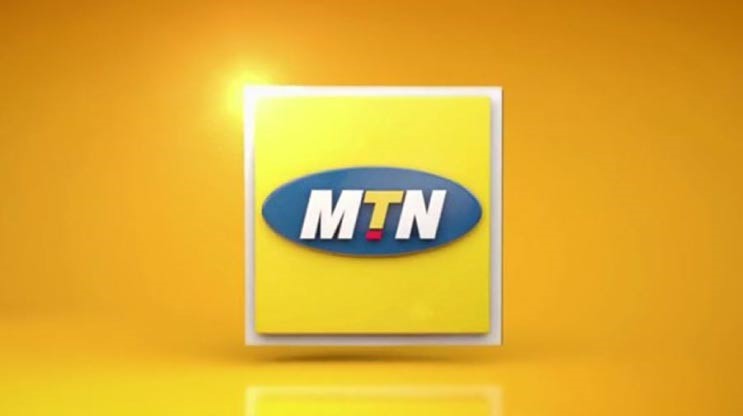Last week, Ralph Mupita, the Group CEO of MTN, the indigenous African telecommunications and digital services multinational, came to Accra from its headquarters in Johannesburg, South Africa, on a two day visit.
During interactions with selected journalists he revealed that MTN Ghana intends to increase its indigenous equity shareholding to 30 percent before the end of this year, a level which the company had targeted for its 2018 Initial Public Offer, which resulted in the company being listed on the Ghana Stock Exchange where it is now established as a blue chip stock.
The local shareholding in the company currently stands at 23.7 percent which indicates that it has significantly increased indigenous equity stake in the company following the completion of the IPO nearly for years ago. At that time, because the record sized IPO was largely undersubscribed – due to its unprecedented size the local bourse simply lacked the capacity to buy up the amount of shares offered but still subscribed to about three times the previous record size – local equity holding stood at less than 15 percent.
Although MTN Ghana intends to increase indigenous shareholding by a further 6.3 percent, it does not intend to do a new public offer for shares nor do a rights issue either. Rather the plan, according to MTN Ghana’s CEO, Selorm Adedevoh, is to facilitate the acquisition of existing shares by local institutional investors. Presumably this will involve the sale of shares currently held by the MTN parent company. To achieve its aim this would require MTN narrowing down the buyers to indigenously owned institutional investors (such as SSNIT) and managed funds (such as a mutual fund or unit trust scheme) that is wholly – or at least predominantly – subscribed to by indigenous investors.
Certainly, even with the doldrums the GSE in general has been suffering since 2018, MTN Ghana is attractive, indeed one of the most attractive stocks for equity investors. This is because of both its popularity as a household name and even more importantly because of its resultant actual financial performance which is outstanding.
In 2021 MTN added one million subscribers, to reach a total of 25.4 million by year’s end. This was less than a quarter of the 4.6 million new subscribers it added on in 2020. However the company still managed to increase its service revenue (which excludes SIM card sales and sale of equipment such as phone handsets) by 28.5% to GHc7.7 billion. Just as instructively, its EBITDA (Earnings before interest, taxes, depreciation and amortization) margin expanded by 2.3 percent to reach 55 percent, this meaning a wider gross profit margin than hitherto. Net profits grew strongly too, by 43.5 percent to GHc2 billion.
Altogether , in 2021, total revenues amounted to GHc 7,723 million, up 28 percent on 2020’s total revenues of GHc6,6033 million.
Crucially, profit before tax grew nearly twice as fast, by 44.4 percent to reach GHc2,849 million from GHc1,973 million in the previous year, on the back of a 33.7 percent increase in EBIDTA to GHc 4,249 million. The company’s financing position was also improved enabling net financing costs to fall by 18.3 percent to GHc365 million.
For 2021 MTN Ghana’s shareholders enjoyed a 43.8 percent increase in both earnings per share and dividends per share to 16.3 pesewas sand 11.5 pesewas respectively, a situation made even better for them by MTN’s generous 70 percent dividend payout ratio target, which it still manages to exceed regularly.
Institutional investors understand these financial performance figures and so would be enthused to snap up significant blocks of the company’s shares if they become available as will happen during the second half of this year, for indigenous investors. As long as MTN remains committed to selling shares to indigenes there will be buyers. That commitment has been reiterated by no less than the Group CEO, on his recent visit to Accra and so the increase in indigenous equity holdings to 30 percent is more or less a certainty.











